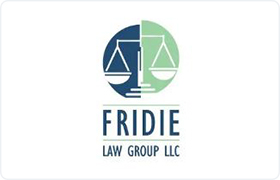HEARING
In the trial court context, a legal proceeding (other than a full-scale trial) held before a judge. During a hearing, evidence and arguments are presented in an...
(more...)In the trial court context, a legal proceeding (other than a full-scale trial) held before a judge. During a hearing, evidence and arguments are presented in an effort to resolve a disputed factual or legal issue. Hearings typically, but by no means always, occur prior to trial when a party asks the judge to decide a specific issue--often on an interim basis--such as whether a temporary restraining order or preliminary injunction should be issued, or temporary child custody or child support awarded. In the administrative or agency law context, a hearing is usually a proceeding before an administrative hearing officer or judge representing an agency that has the power to regulate a particular field or oversee a governmental benefit program. For example, the Federal Aviation Board (FAB) has the authority to hold hearings on airline safety, and a state Worker's Compensation Appeals Board has the power to rule on the appeals of people whose applications for benefits have been denied.
 x
x

 James Fridie Cinnaminson, NJ
James Fridie Cinnaminson, NJ Practice AreasExpertise
Practice AreasExpertise
